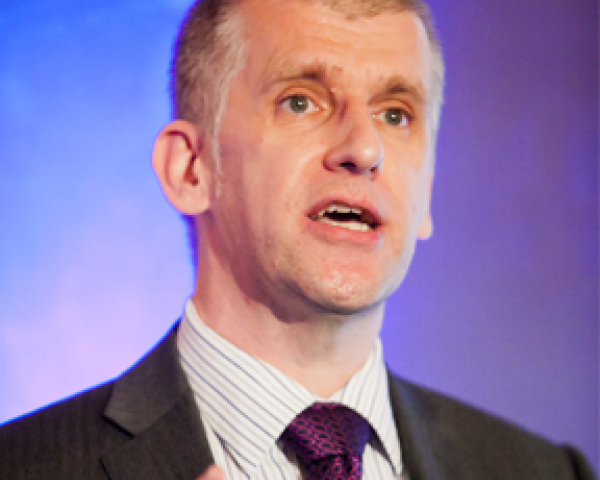The selection of coaches often still lacks a robust, structured process; here is a three-stage approach that can help.
The Institute of Leadership & Management (ILM) published a report titled
“Coaching for Success: The key ingredients for coaching delivery and coach recruitment.” There’s plenty of interesting snippets of research findings and practical advice.
If you have time, it is well worth a read, but the points that caught my eye were a three-stage process for coach selection. I agree with the ILM that the selection of coaches often still lacks a robust structured process and so am going to share their recommended process as a good example.
This process can be used by individuals for themselves or by someone selecting on behalf of an organization. It assumes that a long list of possible coaches has already been found. To achieve that, you could go as Wild West as a general Google search on "coach"/"leadership coach"/"executive coach." However, I’d recommend starting with a pre-qualified list like the Association for Coaching (AfC) directory of coaches or equivalents from other coaching bodies.
Here are the stages that the ILM recommends, to be used like a checklist of questions to ask (I've added what I’d say if asked):
Stage 1: Long-list to Short-list
- What experience of coaching does the coach have? (I could evidence my number of coaching hours and cite previous mentoring experience within a large corporation)
- Can the coach demonstrate an understanding of the leadership challenges in your industry? (I’ve found some clients value my experience in customer insight leadership or within the insurance industry)
- What training do they have? (I could evidence my ILM Level 7 qualification in Executive Coaching and Mentoring)
- What ethical standards do they work to? (I share with clients a copy of the AfC code of ethics and explain that I abide by that)
- What supervision does the coach have in place? (I use AfC/University of South Wales co-coaching forums)
Stage 2: Getting down to the last few
- What coaching methodologies does the coach use, when and why? (my primary tools are active listening, Socratic questioning, goal-oriented models and, where relevant, positive psychology tools like Strength Finders)
- What price do they charge? (average fees can vary around the country, but between £100-250 per hour is typical; I normally charge £150 per hour)
Stage 3: Final selection
- What does the coach he can achieve for the individual coachee/client? (this is where a free introductory meeting can help me clarify where I may be able to help or if another intervention other than coaching might help more)
- What do they believe they can achieve for the organization? (it’s always worth doing your homework on an organization and discussing context with a client, before you can offer a view on this)
- Will the coach and the coachee/client get on? (at the end of the day, a lot comes down to personal chemistry, so I will meet up for a chat over a coffee and let us both assess if we feel it can work)
I hope you find that helpful, especially if you are facing this challenge. The ILM also suggests that competency frameworks from leading global coaching bodies can help, but I like the clear simplicity of the above list.
Has anyone found another approach to selecting a coach worked for them? Please share your experience.






